Want to be a better piano player? Get better with your piano practice.
Piano practice is the foundation of piano playing. With regular and consistent practice, it is possible to become a skilled pianist. However, it’s not about keeping a strict schedule and adhering to it. It’s equally essential to perfect the way you practice. How much practice is truly enough?
Let’s explore some useful tips for optimizing your piano practice sessions.
Practice Time
The time you spend practicing the piano largely depends on your goals and experience level. If you are a beginner, you might start with 30-45 minutes of daily practice, gradually increasing it to an hour or more as you become more comfortable with the instrument.
Intermediate and advanced players might aim for at least an hour of daily practice, with more time dedicated to specific areas of weakness or pieces that require more attention.
It is important to note that the quality of practice is more important than the quantity. A focused and productive 30-minute practice session can be more beneficial than a distracted and unfocused hour-long session.
Practice Frequency
Consistency is key when it comes to piano practice. It is better to practice each day for a shorter amount of time than to have one long practice session every week. Aim to practice daily, even if it is only for a short period of time.
Practice Routine
A structured practice routine can make your sessions more efficient and productive. Start with warm-up exercises to get your fingers and hands ready to play. Then, work on specific pieces or techniques that need improvement. End your practice session with some sight-reading or playing for fun to keep your motivation high.
Practice Techniques
Effective practice techniques can help you make the most of your practice time. One method is to break down a piece into smaller sections and work on each section separately before putting it all together. Another technique is to practice slowly and gradually increase the tempo until you can play the piece at the desired speed. Recording and listening to yourself play can also help you identify areas that need improvement.
Practice Mindset
Having a positive mindset can significantly impact the effectiveness of your practice sessions. It is critical to approach practice with a growth mindset, acknowledging that improvement takes time and effort. Celebrate small victories and be patient with yourself as you work towards your goals.
Conclusion
How much piano practice is enough? It depends on your goals and level of experience.
Aim for daily practice, even if it is only for a short period of time, and prioritize quality over quantity. A structured practice routine and effective practice techniques can help you make the most of your practice time.
This is something you do for enjoyment. Stop making it a chore. Approach practice with positivity and celebrate small victories along the way. With dedication and consistency, you can make significant progress in your piano playing.
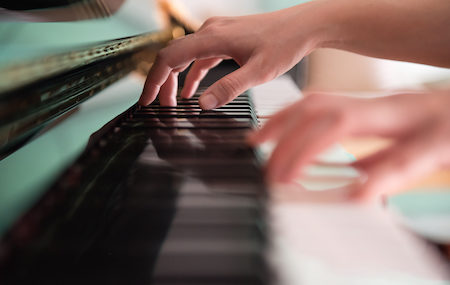



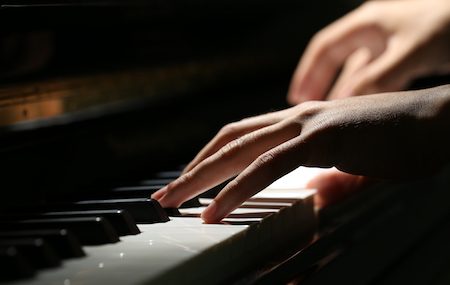
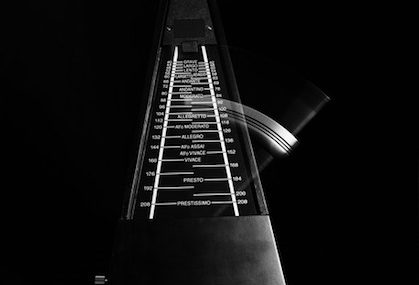
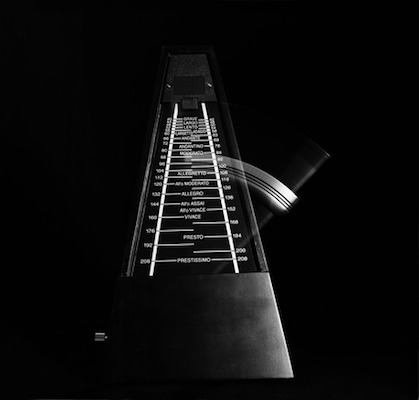 Find A Quiet Space
Find A Quiet Space
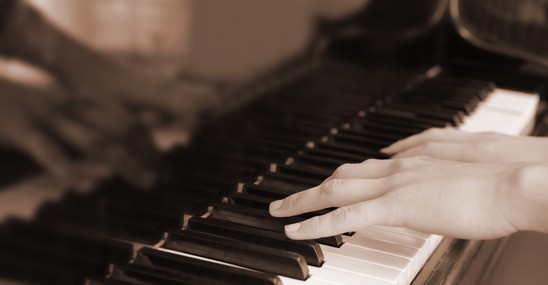
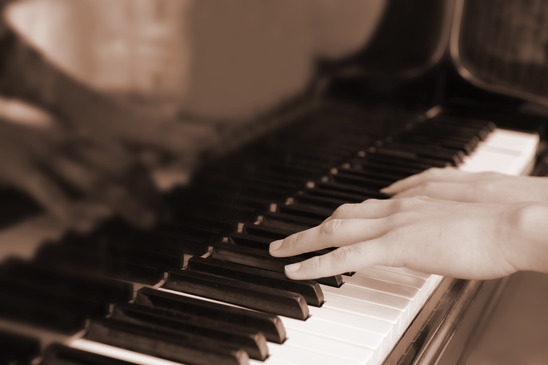 But if your hand injury comes from piano playing – and ideally you should practice regularly in a consistent way that doesn’t lead to injury – the first thing to deal with is the how.
But if your hand injury comes from piano playing – and ideally you should practice regularly in a consistent way that doesn’t lead to injury – the first thing to deal with is the how.
